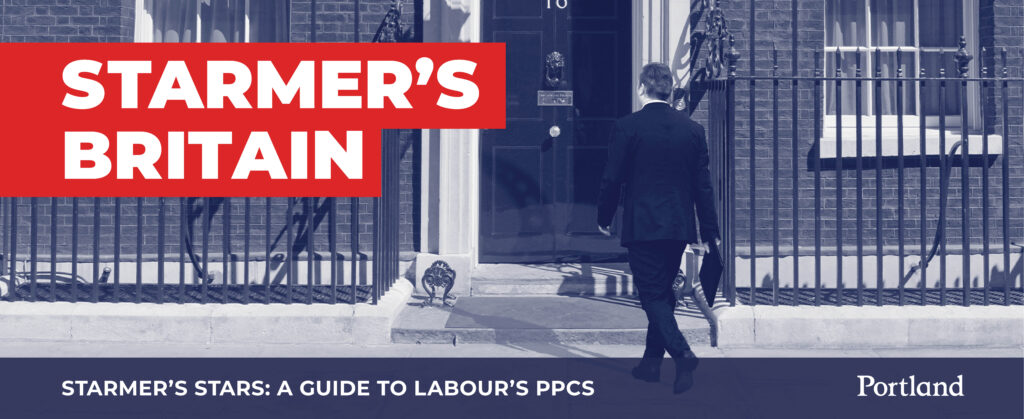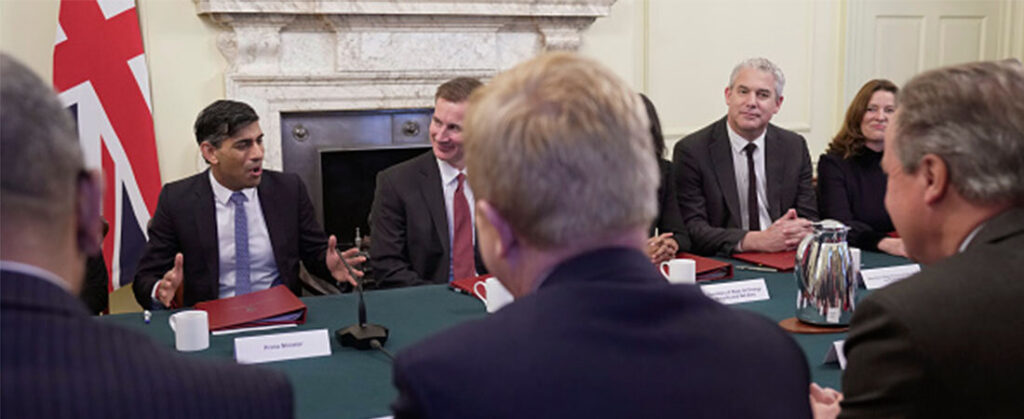Achieved
- Leveson Inquiry and Report
- Defamation Bill
More to do
- Leveson implementation
- Intellectual Property Bill
- Draft Consumers Rights Bill
Stalled/dropped
- Communications Bill
The unexpected
- Leveson investigations
- Phone hacking DCMS Select Enquiry
Dangers
- Rebecca Brooks/ News International Trial and decision
- Future of DCMS as a Department
The Coalition’s media policy has, for a very substantial part of the Parliament, been dominated by the Leveson Inquiry. The process was conceived as a necessary response to public revulsion over phone hacking, but the implications may have been more far-reaching than many ministers expected or wished. Having navigated the hearings without sustaining any serious damage, Mr Cameron and his ministers were left with a set of recommendations they found almost impossible to implement. After a very convoluted process, the Government has limped to a solution of sorts – the newspapers have a new watchdog, although outside of the Royal Charter framework, but it remains to be tested in any meaningful way and certainly falls short of the wishes of the Hacked Off campaign.
This has not proven a happy experience for the Department of Culture, Media ans Sport, where Secretary of State Maria Miller has remained under pressure. With the Treasury and BIS circling for policy responsibility over the communications portfolio the Department’s future is by no means secure.
Across the rest of the portfolio, Mrs Miller and her minister Ed Vaizey have backed away from promises for a new Communications Bill, expectations for which were raised significantly by former Secretary of State Jeremy Hunt. The Government has tried to work with the internet industry to address some of the bigger issues around harmful content, but has not made any real inroads to a converged media policy, and the Communications strategy document ‘Connectivity, Content and Consumers’, published in July, remained rooted in traditional broadcast thinking. Ministers subsequently postponed a decision on switchover to digital radio, although the Department published an action plan in December which is designed to point the way to a digital future.
In truth, while Governments across Europe have been studying the regulatory impact of convergence for some time, it still feels premature to take a truly radical look at how we regulate and support the media in a converged digital age. It is likely to fall to ministers in government after the next election to take on this project.
The present incumbents’ attention will now turn instead to the early stages of the BBC Charter Review. The Corporation’s troubles over the year, including mishandling of the Savile affair, huge payoffs for departing staff, and the leadership vacuum introduced by the resignation of Director General George Entwistle have made the case for reform and better governance more convincingly than any attack from government.
It is not, however, all doom and gloom: in April 2013, libel reform campaigners expressed delight that defamation reform was finally passing into law, although they were disappointed by the failure of a bid to bar private companies contracted to run schools, prisons or healthcare from suing ordinary citizens. While not all directly relevant to the media industry, the new law does include landmark new protection for individuals and organisations, including newspapers and broadcasters, which criticise big companies.






